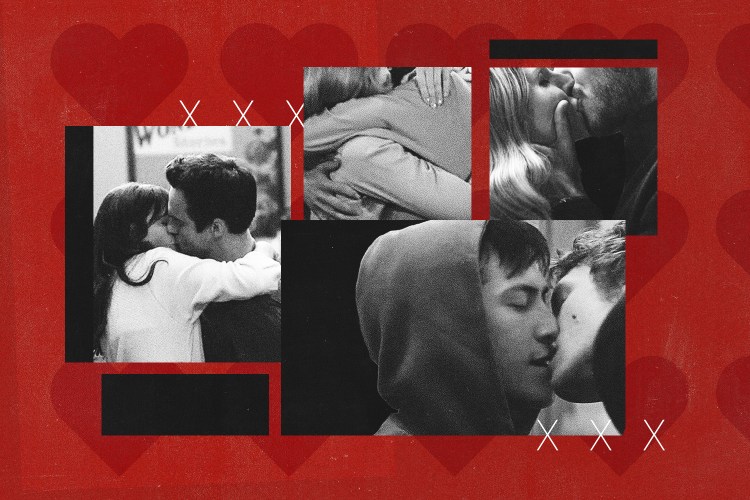A city is nothing without its storytellers.
And Louis Terkel was Chicago’s greatest.
You know him as Studs. Others know him as the everyman’s oral historian. A streetwise journalist of practical means — except when it came to cigars, which he lit, chewed and gestured with often.
Over his 45-year career at WFMT, the old hat logged in over 5,000+ stories in conversation with some of the most interesting people of the twentieth century. Many of which could be soon lost to the digital age.
But an attempt to preserve his work is underway. It’s called the Studs Terkel Radio Archive, and you can help fund it on Kickstarter right now.
A cultural initiative led by WFMT in partnership with the Chicago History Museum, the goal here is simple: to catalog, transcribe, and make free, the 9,000+ hours of interviews Terkel did on-air at 98.7 WFMT.
Why should you care?
So original are his books Division Street and Working that decades later, they remain the most illuminating works on the human experience we have. But the opportunity to listen to Terkel’s raffish genius first-hand is arguably more important than anything he ever wrote.
The trove of city-centric subject matter is gold, too. Terkel wasn’t called “the bard of Chicago” for nothing.
Below, a few gems you can listen to right now.
James Baldwin
Terkel begins this 1961 interview by playing Bessie Smith’s “Back Water Blues”. With the scene set, Baldwin – who Terkel describes as one of the “rare men in the world who knows who is today” — discusses the psychology behind race relations and his then new book of essays Nobody Knows My Name.
Martin Luther King Jr.
An impromptu“passing” interview with Dr. King at the home of gospel singer Mahalia Jackson just shortly after it was announced he would receive the Nobel Peace Prize. Terkel packs a lot into 12 minutes, from discussing King’s father and the influence of Henry David Thoreau’s Civil Disobedience, to the importance of laughter in survival.
The Blizzard of ’67
Twenty-three inches on January 26, 1967. The largest single snowfall in Chicago history. The next morning, tape recorder in hand, Terkel took to the streets. Said one butcher of his customers: “they weren’t particular as usual as to the cut of meat, and very few of ’em asked the price. It was uh — they seemed a little panicky.” Sounds accurate.
Check out the full archive at the Studs Terkel Radio Archive. Help the project here.
Main photo: The Chicago History Museum
This article was featured in the InsideHook Chicago newsletter. Sign up now for more from the Windy City.
























